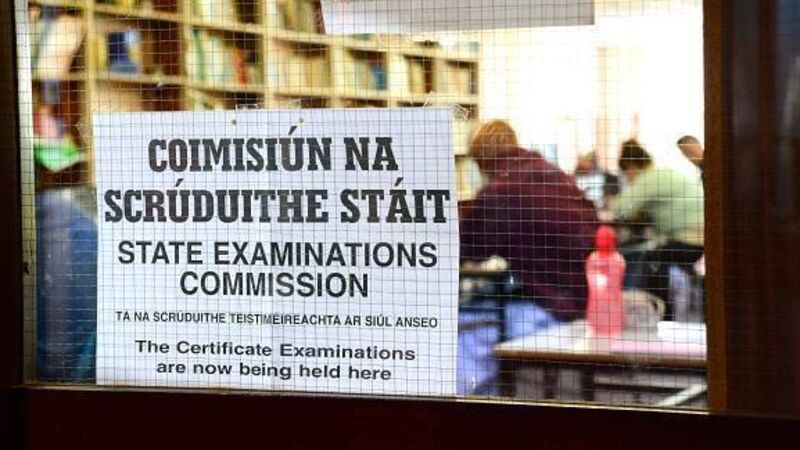Are secondary school students being properly educated?

Students across the nation can officially celebrate as tomorrow is the last exam of Junior Certificate 2014. As I write I am being a very attentive mammy as my 15-year-old Roisin tackles the juggernaut which is the examination process. It really is a juggernaut. With 11 subjects most students sit 15 exams given that English, Irish, Maths and Business all have two papers.
Like all good mammies I worry that she is stressing too much or not stressing at all. Like all good mammies I am smoothing her path along this two week marathon as I drop and collect her from school, make sure she has an adequate packed lunch (with chocolate for stress and sagging energy) and her favourite dinners in the evening. I make tea and buns and ferry them upstairs to her at 9pm when I tell her enough of the books. She seems to be working away and she is not showing any signs of being overly stressed and for that I am very grateful.











